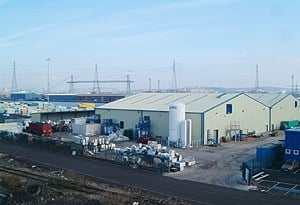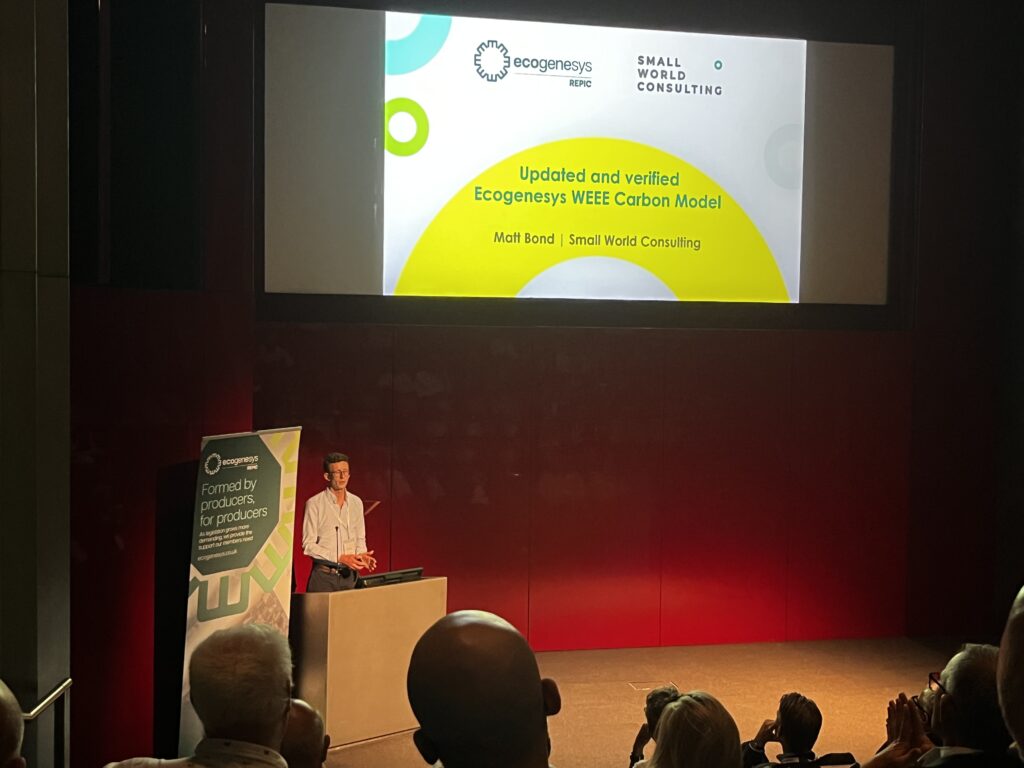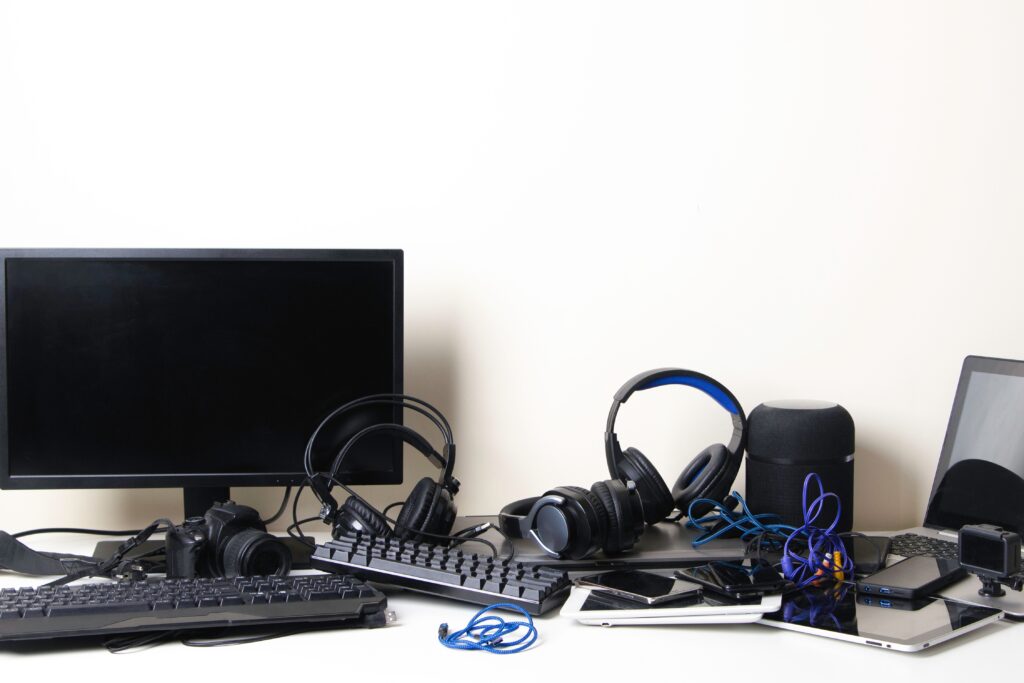Metal recycling giant Sims has today (June 24) announced that it is due to offload a substantial portion of its WEEE recycling business in the UK.
The announcement comes after a review of the companys global operations, which has determined that certain loss making assets are outside of its long-term interests. These operations include a large part of Sims Recycling Solutions its WEEE recycling business in the UK.

According to the company, legislation and market dynamics have resulted in parts of the business becoming commercially unattractive. The company has said that it will instead redirect its capital and resources to other portions of the global businesses that are more attractive.
However, it has stated that its UK metals recycling, fridge recycling and IT asset management operations are core services and will therefore not be impacted by any of the restructuring activities.
Sims e-waste reprocessing sites in Canada also look set to be cut back following the review.
Investigation
In 2013 the company was forced to write down the value of its stock by $78 million (50 million) following an internal investigation into activities at two of its WEEE recycling sites in the UK at Newport, South Wales and Long Marston, Warwickshire.
Sims attributed the write down to the failure to adequately supervise operations and failure to maintain controls over financial reporting relating to its inventory (see letsrecycle.com story).
Although no formal announcement has been made on which sites will be kept by the company, the futures of a TV and CRT recycling site at Ellesmere Port and plants at Billingham and Stalybridge are thought to be under consideration. Sims’ asset recovery site in Glasgow is not thought to be included among those under review.
Sims processes over 150,000 tonnes of WEEE at 12 sites across the UK, including household and non-household WEEE. Its UK headquarters is based close to the Long Marston facility.
Related Links
The Newport WEEE reprocessing facility, opened in February 2009, was built at a cost of 12 million. The plant uses technology to separate materials including copper, aluminium and plastics from waste electrical goods which are sold for manufacture into new products.
The company also has facilities in Austria, Belgium, the Czech Republic, Hungary, Poland, Sweden, the Netherlands and Germany, recycling around 300,000 tonnes of electronic waste each year.








Subscribe for free